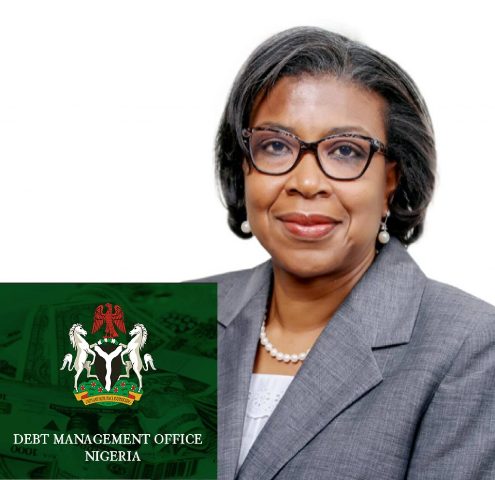The director general of the Debt Management Office (DMO), Ms. Patience Oniha, has disclosed that Nigeria’s debts rose from N33.11 trillion in March to N35.47 trillion as of June 30, 2021.
The figure shows an increase of N2.36tn or 7.13 per cent increase within the three-month period.
The director who gave the statistics at a virtual media briefing yesterday also provided a breakdown of the public debt stock for the second quarter of 2021 during a virtual media presentation on Wednesday.
She said the total external debt stock rose from N12.47 trillion as of March 31 to N13.71 trillion as of June 30, indicating an increase of N1.24tn or 9.94 per cent.
The total domestic debt stock rose from N20.64 trillion as of March 31 to N21.75 trillion as of June 30, indicating an increase of N1.11tn or 5.38 per cent.
At the end of Q2 2021, external debt stock made up 38.66 percent while domestic debt stock made up 61.34 percent of the total public debt stock.
The debt to gross domestic product ratio rose from 21.13 per cent to 21.92 per cent within the second quarter.
At the end of the second quarter, a breakdown of external debt stock showed that multilateral debts (from World Bank Group and African Development Group) led the list of Nigeria’s creditors with a share of 54.88 percent.
The second highest was commercial debt (from Eurobonds and Diaspora Bonds) with a share of 31.88 per cent.
It was followed by bilateral debts (from China, France, Japan, India and Germany) with a share of 12.70 per cent.
Promissory notes had a share of 0.54 per cent.
“Issuing Eurobonds has been a potent tool for building up to Nigeria’s External Reserves. A healthy level of external reserves supports the naira exchange rate and Nigeria’s sovereign rating.
“Raising funds externally through Eurobonds to finance budget deficits reduces the level of sovereign borrowing in the domestic markets. The benefits of this are many: mitigates the risk of crowding out the private sector (more funds available at moderate rates for other borrowers in the domestic economy)
“The Eurobonds are also listed in Nigeria’s two securities exchanges: The Nigerian Exchange Limited and FMDQ Securities Exchange Limited. This increases the size of these exchanges and the diversity of instruments listed.
“The Eurobonds are actually issued as part of approved Government Borrowing Plan usually in the FGN’s Annual Budgets, for financing capital projects thereby reducing the infrastructure gap,” she added.























































